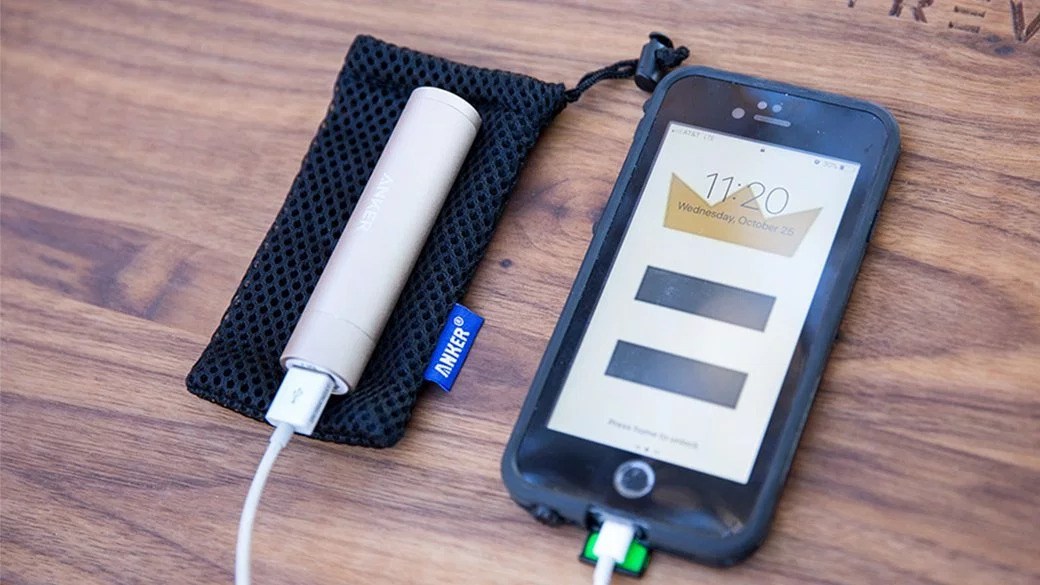WASHINGTON (WAVY)- The Ashanti Alert is one step closer to being used in states across the country.
Last week, the Department of Justice’s Bureau of Justice Assistance announced $1 million would be available to develop the statewide programs as well as offer technical assistance for law enforcement agencies in need.
The BJA held a webinar, during which Virginia law enforcement officials spoke on how the alert has worked in Virginia. The system was implemented in 2018.
“This is long overdue,” said Sen. Mark Warner, who sponsored the bill in the U.S. Senate. “Now, we have to make sure the lessons we’ve learned get implemented all over the country.”
The Ashanti Alert is named after Ashanti Billie, who was abducted from her job at Joint Expeditionary Base Little Creek in September 2017.
Her body was discovered 11 days later in Charlotte, North Carolina.
Billie, who was 19 years old at the time, was too old for an Amber Alert and too young for the Silver Alert.
Warner says he was surprised an alert system for critically-endangered and missing adults didn’t exist before Billie’s parents told him about their daughter’s disappearance. The Ashanti Alert is used to notify the public of adults, between the ages of 18-64, who are critically endangered and missing.
“Not to have an alert system kind of blew me away. It was a no-brainer and it was why it was relatively easy to get it passed,” he said.
Virginia passed and implemented the Ashanti Alert in 2018.
Congress also passed it in 2018 and President Donald Trump signed it into law on Dec. 31, 2018, but Warner says it’s been difficult to get the Department of Justice to do anything about the alert.
“It has been a long and winding road. We’ve had meeting after meeting after meeting with the DOJ. We’ve found ways to appropriate additional funds. I think they just need a bit of a kick in the pants,” he said. “The money, I don’t think, was a major factor. It was just making this a priority.”
Warner says he and Brian Moran, who is the commonwealth’s secretary of public safety and homeland security, have been working and reaching out to governors and law enforcement agencies to implement the alert in other states.
Warner says Billie’s family had to rely on the local community for help to look for Billie, but if more people knew, the result may have been different.
“People tried to help. They tried to place posters. They tried to get churches and others for assistance but that effort was small to the fact that if you could’ve blasted this out on the highways like how the Amber Alert works, just maybe we could’ve avoided a tragedy,” he said.
Since its implementation in Virginia, the Ashanti Alert has been used ten times.
Warner says it’s saved lives and states can easily set it up.
“If you’ve got an Amber Alert setup, if you’ve got a Silver Alert set up, to add an Ashanti Alert, it does not take that much time or money. It just fills in the gap,” he said.
Warner says he’ll continue to work to expand to program and hopes that the Billie family, who have been graceful through this whole ordeal, will finally be able to see the legacy their daughter left behind.
“I can think of no better way to honor their daughter’s memory than to make sure this tool is available all across the country,” he said.
Federal funding is available for the pilot programs. Click here to learn more.
Latest Posts:
- Firefighters seek upper-hand in Williamsburg Premium Outlets parking lot fire
- Tennessee wildlife officials rescue bald eagle injured by gunfire
- Maker of Trump guitars reportedly sent cease and desist order by Gibson
- BayPort Athlete of the Week: Kellam boys volleyball team
- Sean ‘Diddy’ Combs denied bail for a third time










































































































